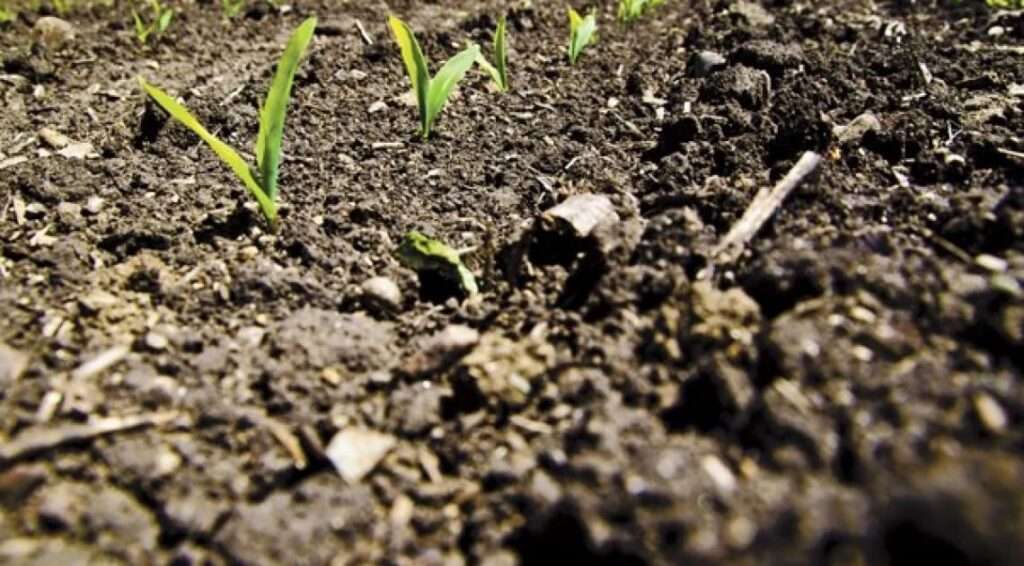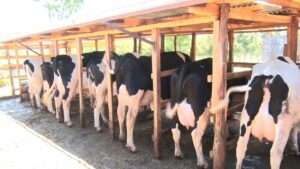
Since independence, agriculture has been dubbed the backbone of Kenya’s economy. However, a lot of problems are still plaguing this sector making it unsustainable. Soil, being the foundation of food security, has been degraded greatly thanks to acidic fertiliser, land overuse and lack of agronomical knowledge among farmers. This calls for immediate action to tackle this challenge to salvage agricultural lands from barrelling towards soil infertility.
According to the World Resource Institute, more than 30 per cent of agricultural land in Kenya has been degraded. This degradation manifests in several ways including but not limited to loss of soil fertility, erosion, compaction and salinization.
The most alarming is the steady decline in organic matter and microbial life within the soil. These elements are critical for maintaining soil structure, nutrient cycling and water retention which are essential for crop productivity. While these can provide short-term boosts in production, over time they often exacerbate the problem. Excessive use of synthetic inputs can disrupt soil microbial balance, reduce biodiversity and contribute to long-term fertility loss. This is caused by improper use of inorganic fertiliser, which kills the microbial life in the soil.
For millions of smallholder farmers, this translates into lower yields, reduced income and increased vulnerability to food insecurity.
Historically, the response to declining yields has involved the heavy application of chemical fertilizers. In areas already facing ecological stress, this creates a dangerous cycle of diminishing returns.
Farmers and policy makers should wake up to the reality and embrace alternative ways of restoring soil fertility. According to the United Nations Office for the Coordination of Humanitarian Affairs (OCHA), 12 per cent of the population is facing acute food insecurity. Coupled with the climate crisis, this number is likely to increase causing more human suffering.
The surest way to combat food insecurity without overreliance on costly food imports is to restore soil fertility and embrace sustainable ways of farming.
One such approach involves the use of biofertilizers, specifically those that leverage beneficial microbes combined with humic substances. Microbial biofertilizers introduce beneficial bacteria and fungi into the soil, helping to re-establish the natural processes that support plant growth. These microbes assist in breaking down organic matter, fixing atmospheric nitrogen, mobilizing phosphorus and suppressing soil-borne diseases. Such fertilizers help to improve soil structure, enhance water retention and act as natural chelators, making nutrients more accessible to plants thus restoring soil fertility.
Another vital approach is to equip farmers with agronomical knowledge. Many small scale farmers across the country have little to no knowledge on good agronomical practices like crop rotation, soil testing to know the nutrient content in the soil and the use of quality seeds and suitable fertilizer.
The Ministry of Agriculture should endeavour to criss-cross the country to train farmers on sustainable agricultural practices that ensure spill fertility is preserved. This way the nation will have the capacity to curb the rising food insecurity in the wake of climate change.
By Tim Gammon, Director SumaGrow Kenya.






